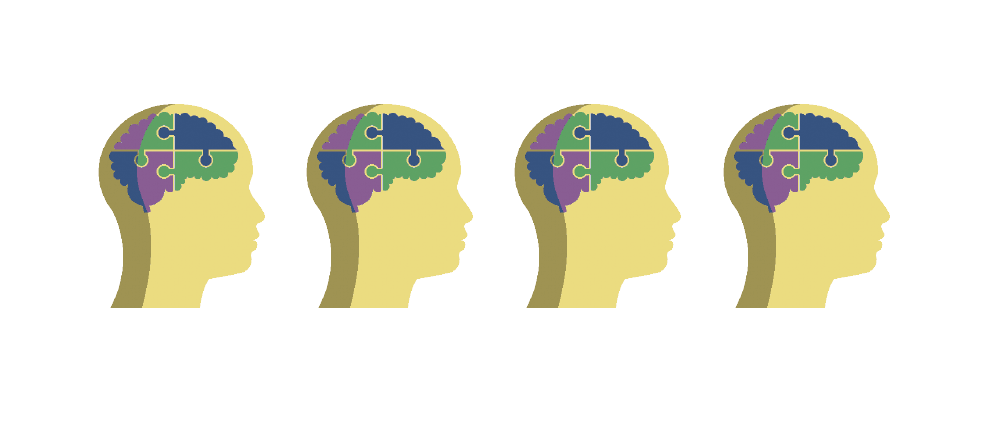By Melissa Wuske
Gender and Mental Illness in Prison
More than two-thirds (67.9 percent) of women in prison have a history of mental illness, and about a third (32.3 percent) have suffered serious mental health distress in the last 30 days. Men in prison, though still experiencing mental health problems at a higher rate than the general population, don’t face mental illness to the extent women in prison do: 40.8 percent have a history of mental illness, and 25.5 percent have had serious distress in the last 30 days.
The reasons for this gender disparity haven’t been studied, but Ron Honberg, senior policy adviser at the National Alliance for Mental Illness, said, “I believe one factor is that incarcerated women have experienced sexual trauma before their imprisonment at a much higher rate than men. They are also likely more inclined to report psychological distress to the prison mental health services than male inmates.”
No matter their gender, prisons are not equipped to fully support people with mental illnesses. “Prisons and jails are not hospitals,” said Eric Balaban, a senior staff counsel with the American Civil Liberties Union National Prison Project. “Not only they are not where inmates should be receiving mental health treatment, they are anti-therapeutic.”
Americans Say Grace Before Meals
Nearly half of all Americans pray before meals at least a few times a week, according to a poll by The Washington Post and the Kaiser Family Foundation. The figure is 51 percent for rural and urban areas, and 45 percent in the suburbs. Significant numbers of people from all political affiliations and Christian denominations pray before meals, as do some people who aren’t affiliated with a particular religion.
While the survey didn’t ask people why they chose to pray before meals, Tim Keller, the founding pastor of Redeemer Presbyterian Church in New York City, suggests one key motivation: “It’s a powerful way of reminding yourself that you are not self-sufficient, that you are living by somebody’s grace, that plenty of other people who work just as hard as you don’t have anything to eat.”
What Do Hispanic Christians Think About Israel?
Hispanic Christians are more likely than the average American to be supportive of the nation of Israel. Half say Israel has a right to exist, compared with 42 percent of all Americans; 15 percent say the nation should not exist, compared to 35 percent overall. The complete results of the study suggest that Hispanic Christians sympathize with both sides of the conflict between Israel and Palestine, and are concerned about what could happen to Palestinian Christians.
However, when it comes to Jewish Americans, 42 percent of Hispanic Christians believe they have too much influence in society. “It’s clear there’s a disconnect between this group of Hispanic Christians and Jewish Americans,” said McConnell.
“There should be more efforts on the local level to build bridges between these two communities,” said Jesse Rojo, Hispanic Affairs Director for the Philos Project.
Reading for Refugees
Comic Sara Benincasa issued a challenge, via Twitter, to author Neil Gaiman: She’d raise $500,000 for the charity of his choice, if he read aloud the entire menu of The Cheesecake Factory on stage. Despite the infamously long restaurant menu, Gaiman agreed to read the menu so that funds could be donated to the United Nations’ refugee relief agency. A crowdfunding campaign raised more than $100,000 toward the effort, and Gaiman has agreed to hold up his end of the deal even though it’s short of $500,000.
Melissa Wuske is a freelance editor and writer. She and her husband, Shawn, live and minister in Jamaica Plain, Massachusetts. Find her work online (melissaannewuske.com).



Comments: no replies